“How is it that we, a people deprived of everything, living in dire straits, manage to wage our struggle and win successes? Our answer is: this is because Lenin existed, because he fulfilled his duty as a revolutionary and a patriot. Lenin was and continues to be, the greatest champion of the national liberation of the peoples.”
-Amilcar Cabral
Amilcar Cabral (also known as Abel Djassi) was a Guinea-Bissauan/Cape Verdean revolutionary, engineer, and theorist. He was born on September 12, 1924, and was active all throughout his secondary school career in opposing the repressive dictatorship of Antonio Salazar in Portugal.
Upon returning to his native lands, he worked tirelessly for their liberation. He founded the PAIGC and helped to found the MPLA in Angola, organizations that embraced the concepts of armed struggle and revolution to secure the national liberation of the countries of Angola, Guinea-Bissau, and Cape Verde from Portuguese colonialism and exploitation.
Cabral recognized the importance and necessity of eradicating all traces of exploitation from the countries after independence and setting up a socialist order. Cabral didn’t want to simply replace Portuguese colonists with Black capitalists. His work as a revolutionary was to improve the quality of life for all the people, not just for a privileged class that benefited from colonial education and favoritism.
In his role as a guerrilla leader, he put his theory into practice by organizing mobile field hospitals that served the people and guerrillas alike. He also utilized his agronomy training to teach the people better farming practices to enable them to better feed themselves and their communities.
His life came to an end when a traitor to the working people and peasants, Inocencio Kani, along with imperialist Portuguese agents operating within the PAIGC, shot and killed him at Conakry, Guinea, on January 20, 1973. Despite his premature death at 48, his memory and work live on, and he is still highly regarded and remembered as a revolutionary fighter and true hero of the people he fought so hard and long to liberate.
Sources:
http://www.africanholocaust.net/news_ah/weaponoftheory.html
http://historyisaweapon.com/defcon1/cabralnlac.html
http://ismpressbooks.com/africa-in-struggle/guinea-bissau.pdf

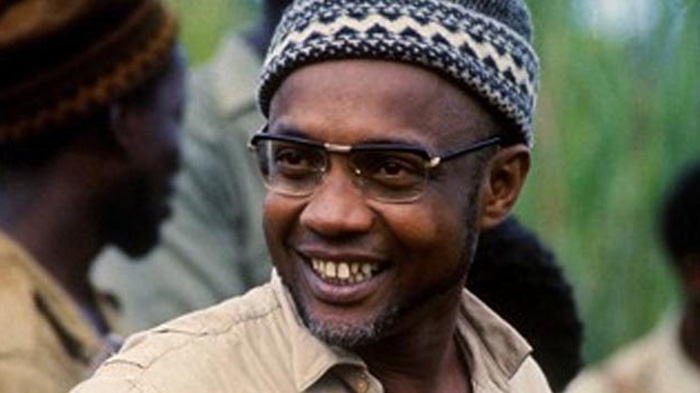



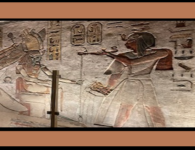


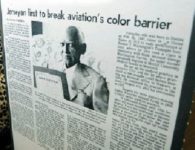
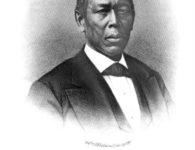
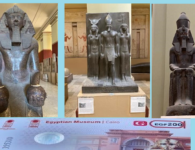
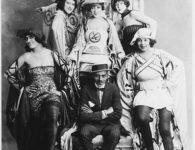
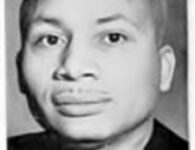
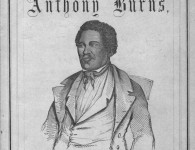
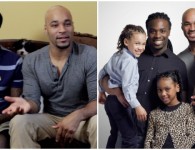
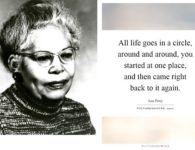
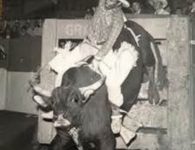

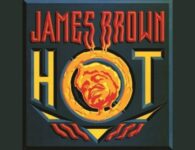
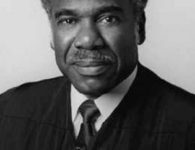

1 Comment
I